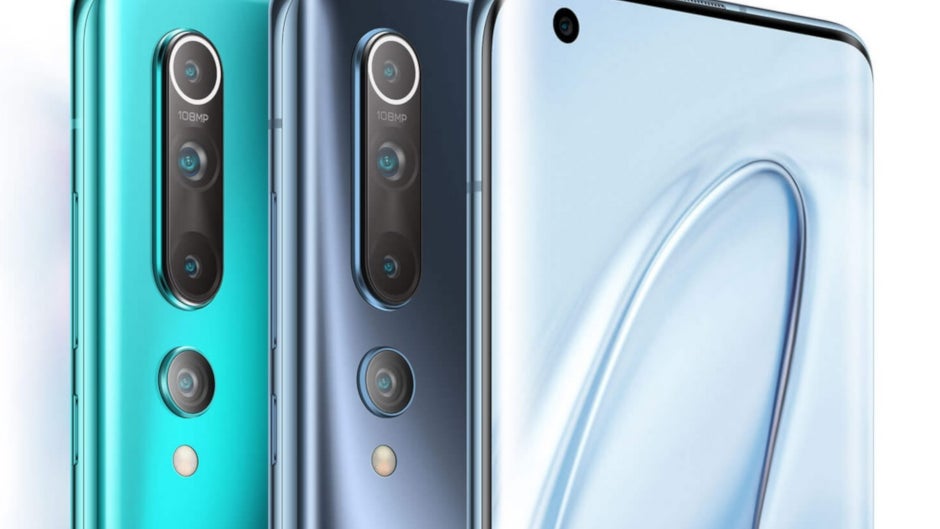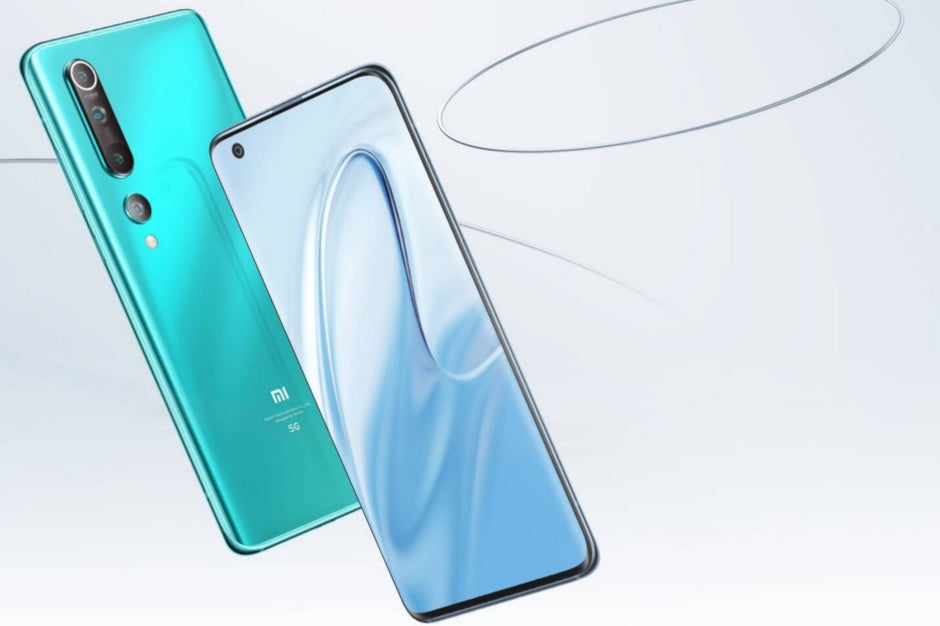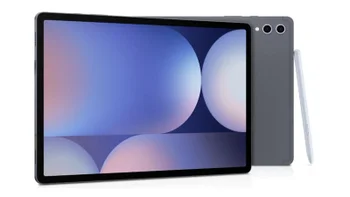Xiaomi gets blacklisted in the U.S. by Trump administration

UPDATE:Xiaomi got in touch with us today to deliver an official statement about allegations made by the Trump administration claiming that Xiaomi has ties to the Chinese military. The statement says, "The Company has been in compliance with law and operating in compliance with the relevant laws and regulations of jurisdictions where it conducts its businesses. The Company reiterates that it provides products and services for civilian and commercial use. The Company confirms that it is not owned, controlled, or affiliated with the Chinese military, and is not a “Communist Chinese Military Company” defined under the NDAA. The Company will take appropriate course of actions to protect the interests of the Company and our stakeholders." With the Biden administration now in control, it is too early to determine whether the U.S. will take a friendlier approach to Chinese manufacturers like Xiaomi, Huawei, ZTE and others.
Even with less than a week left in his presidency, Donald Trump is still taking shots at Chinese companies. Reuters said today that nine Chinese firms have been blacklisted because of alleged ties to the Chinese military. One of the companies on the list is phone manufacturer Xiaomi, which now ranks as the third largest smartphone manufacturer in the world.
U.S. investors are forced to sell its holdings in Xiaomi by next November
U.S. investors must sell their holdings of any of the companies being blacklisted by November 11th, 2021. Xiaomi's shares trade Over the Counter in the states in the form of American Depository Receipts (ADR). They fell today by 7.54% or $1.61 to close at $19.75 in the wake of this news. Reuters was able to view a document that listed the nine Chinese companies added to the blacklist and in addition to Xiaomi, it included plane manufacturer Comac.

The U.S. puts Xiaomi on a blacklist forcing Americans to divest their investments in the company
During Mr. Trump's four years as president, he placed Chinese phone and networking firm ZTE on the Entity List for failing to follow punishments placed on it by the U.S. Commerce Department. As a result, the company was not allowed to buy parts from its U.S. supply chain leaving ZTE in trouble. With the latter close to shutting its doors, ZTE was saved by someone you would have never expected. President Trump, surprisingly, sent out a tweet stating that too many ZTE workers in China had lost their jobs. The president wrote that he had directed the Commerce Department to help ZTE get back to business. "Too many jobs in China lost," tweeted Trump. Eventually, the U.S. and ZTE reached a settlement and the company once again was manufacturing smartphones.
But in May of 2019, another Chinese phone manufacturer, Huawei, was placed on the Entity List. The company lost access to the U.S. suppliers it spent over $18 billion on during the previous year. The most important American supplier lost to Huawei was Google as it forced Huawei to develop its own replacement for the Google-licensed version of Android it was using. Called Harmony OS, we could see Huawei's home-grown OS debut on a smartphone when Huawei releases the P50 Pro late in the first quarter of this year, or early during the second quarter.
Trump cited security as the reason for placing Huawei on the Entity List. The company is said to have ties to the Communist Chinese government. And exactly one year after banning Huawei from its U.S. suppliers, the Commerce Department ruled that foundries creating cutting-edge chips using American technology cannot ship these components to Huawei without permission from the U.S. This change alone forced Huawei to sell its Honor sub-brand and analysts expect Huawei to drop from the second largest smartphone manufacturer last year to number seven this year.
Xiaomi has been on the rise thanks to the success of its value for money approach in India. The second largest smartphone market in the world, India is also a developing country which means that consumers have to shop for value when it comes to smartphone purchases. During the third quarter of last year, Xiaomi finished third globally in smartphone shipments after Samsung and Huawei. Interestingly, Xiaomi has never ever sold any of its phones in the U.S. despite its comparisons to Apple. For years, rumors had spread calling for the firm to finally invade America, but at this stage this does not seem like it is high on Xiaomi's list of things to do.
A U.S. law passed in 1999 forces the Defense Department to create a list of companies owned or controlled by the Chinese military. The Pentagon has put 35 names on this list including China's top chipmaker SMIC and its oil giant CNOOC.
The big question is whether incoming President Joe Biden will reverse all of the new rules and Entity List placements initiated by his predecessor against Chinese companies.
Follow us on Google News













Things that are NOT allowed:
To help keep our community safe and free from spam, we apply temporary limits to newly created accounts: